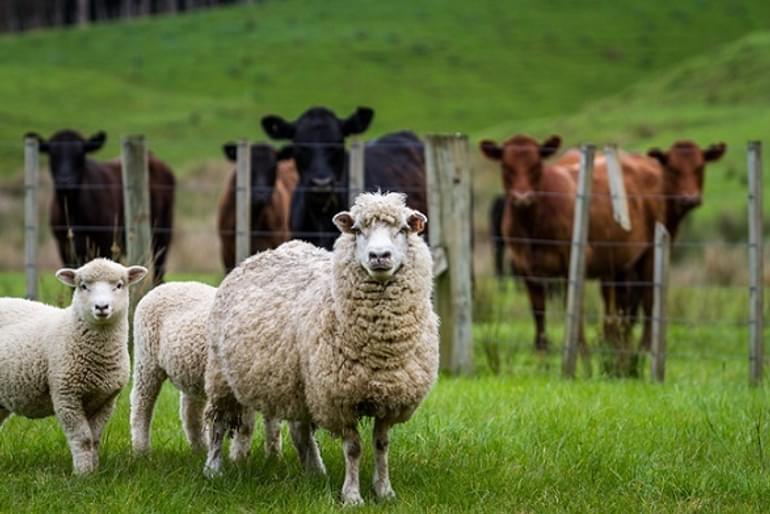Equine and livestock removal
By David Asker on
We are regularly called on to remove livestock, including horses, either when removing travellers under Common Law or when enforcing a writ.

Removal of animals belonging to travellers or trespassers
If enforcing a writ of possession to remove travellers or trespassers, the writ will give the High Court Enforcement Agent (HCEO) the authority to remove persons from the land, but not any animals left there; this becomes the responsibility of the landowner, although we are able to assist with their safe removal.
When enforcing under Common Law, the livestock and horses may be removed at the same time by the enforcement agents, although they will make every attempt to ensure that the animals are taken away by the occupants at the time of removal. This is also the case when enforcing a writ of possession.
Fly-grazing
The Control of Horses Act 2015 was brought in to make it easier and quicker to deal with fly-grazing. Under the new Act, fly-grazing horses must be reported to the police within 24 hours and owners have four days to reclaim their animal. Previously an abandoned horse could only be disposed of after 14 days through sale at market or public auction, but now it can also be sold privately or re-homed, either privately or gifted to a charity or sanctuary.
Where livestock are a seizable asset
We might also be enforcing a writ of control where the animals are an asset that the enforcement agent will take control of. There was an episode of The Sheriffs Are Coming on BBC1 where we took control of a flock of sheep when enforcing a writ of control against the farmer for non-payment of goods.
Fortunately, in that case we managed to secure a payment arrangement and did not have to remove 300-odd sheep. But if we had had to, it is a specialist operation with key procedures that must be followed to ensure the safety of the animals.
Equine and livestock removal process
Once instructed, we will:
• Undertake risk assessment of the operation to impound, including police liaison and support where appropriate
• Secure equine after-care site and veterinary assessment, with 24-hour emergency care
• Secure equine hand-over service
• Serve all legal notices and warnings, such as the service of abandonment notice
• Remove the equines or other livestock
• Advise the local police within 24 hours
• Ethical re-homing, sale or humane disposal
There are also rules about what an HCEO can do with the livestock. For example, they may not work them, apart from a cow that needs to be milked, nor may they put an animal for sale at a market if they are unfit or likely to give birth while there. If a foal is sold at a market, it must be kept together with its mother at all times and sold together.
Most livestock must be registered and have ear tags. Cattle and horses, in particular, must have a valid passport.

David Asker
David is an authorised High Court Enforcement Officer and our Director of Corporate Governance
